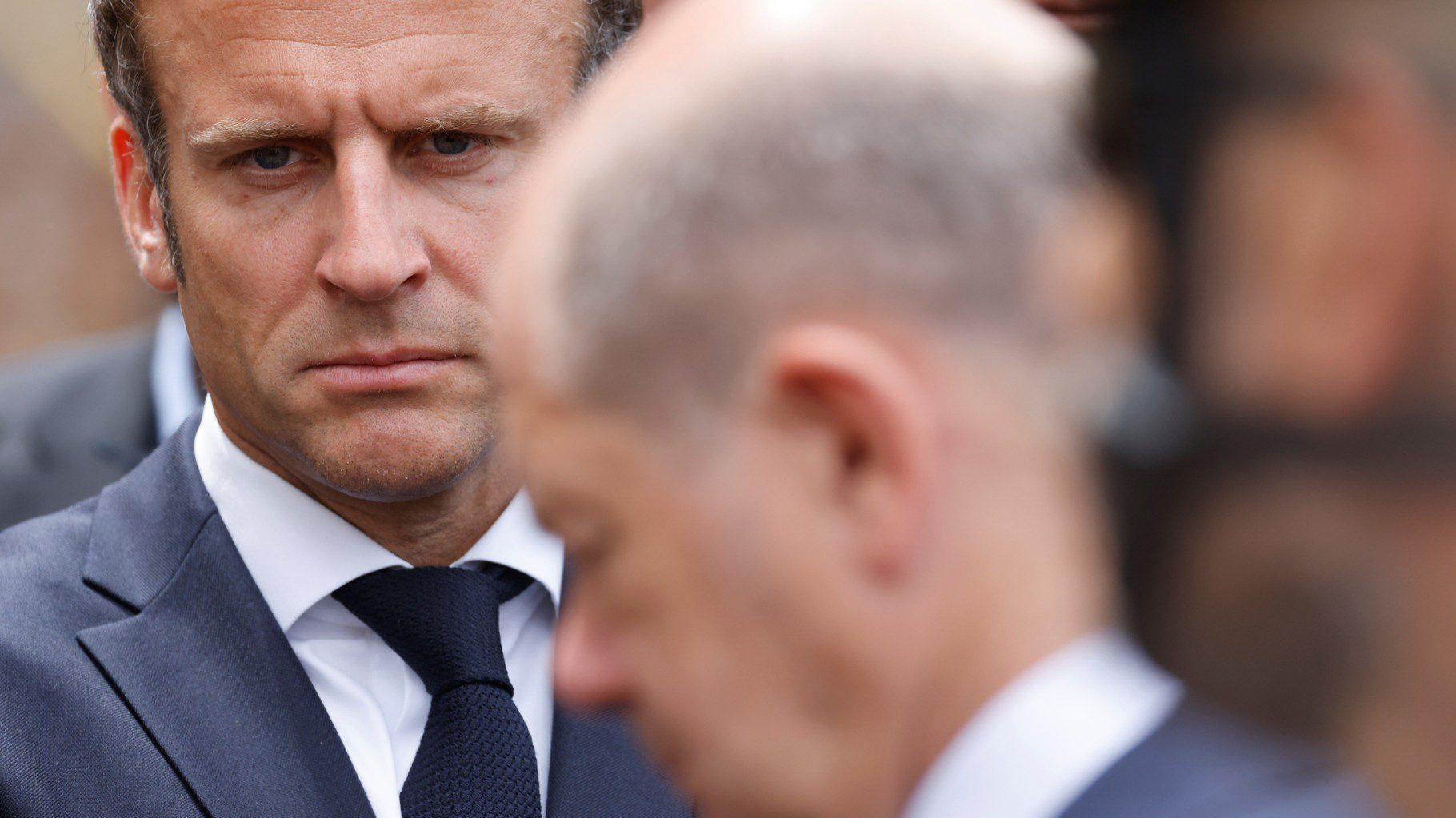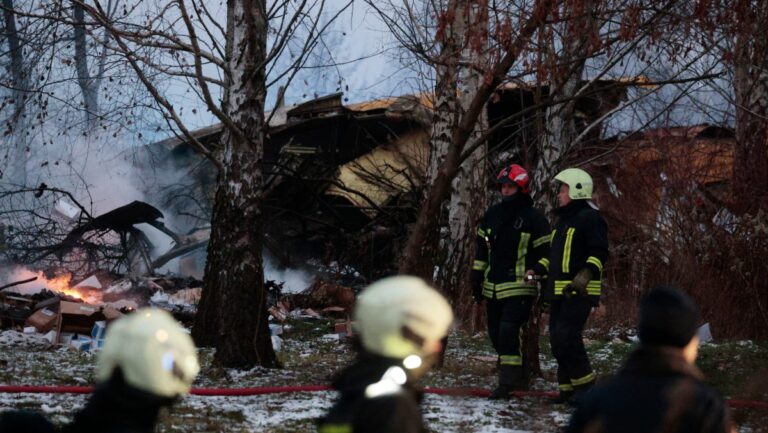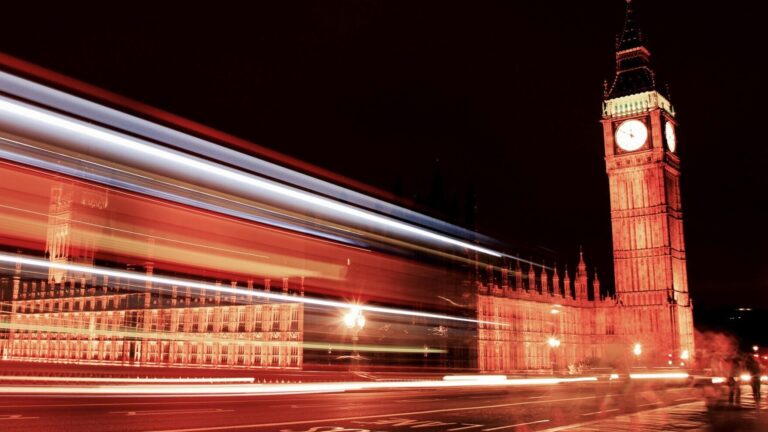Following the cancellation of Charles III’s planned visit to France at the end of March, which was postponed due to demonstrations against pension reform, France’s diplomatic policy has once again been affected by social unrest, this time with the cancellation of a planned trip by Emmanuel Macron to Germany.
For several months, France’s international image has been seriously dented by the repercussions of national quarrels on the country’s external agenda. In March, France was subjected to a barrage of demonstrations against the government’s pension reform plan. Paris was in chaos, with a long-term strike by street workers causing rubbish to pile up in the streets. As a result, King Charles III was forced to cancel his first state visit as sovereign at the request of the French government, which judged that the conditions were not right for what was supposed to be a festive occasion in honour of Franco-British friendship. The opposition to the government pointed to how the events tainted the image of France abroad and condemned the country as being incapable of ensuring domestic harmony.
The urban riots that have followed the death of young Nahel on Tuesday, June 27th, when he was shot by a police officer, once again led the French government to change its programme. At the very start of the unrest, Emmanuel Macron initially insisted on making no changes to his timetable—and was strongly criticised for doing so. Indeed, on the second evening of the riots, as the violence intensified across the country, Emmanuel Macron and his wife were all smiles at a concert by British singer Elton John at the AccorHotels Arena in Paris-Bercy.
A few days later, travelling to Brussels for the European Union summit, the sense of priority forced Macron this time to leave the summit early and cancel his final press conference to hold a crisis meeting in Paris. If the French president is absent due to force majeure, tradition dictates that the German chancellor represents the French head of state for the remainder of the European Council. After Emmanuel Macron’s departure, German government spokesman Steffen Hebestreit said that Berlin was observing “with some concern what is happening in France.”
After the European summit, the Élysée Palace had planned for Macron to travel to Germany to work on restoring the Franco-German relationship, which have been on the rocks for several months. The trip was eagerly awaited: the last state visit by a French president to Germany dates back to 2000 under President Jacques Chirac. But this diplomatic imperative also had to give way to the urgency of the national situation, and Emmanuel Macron was reduced to cancelling his trip to Berlin. No new date has been set at this stage. “A state visit is a visit of friendship, purely protocol. The French wouldn’t have really understood if the President had gone to Germany,” a member of the French president’s entourage told Les Échos newspaper. The German Presidency expressed its understanding of the situation and its support in a statement: “The German president regrets the cancellation and fully understands the situation,” it reads. “Frank-Walter Steinmeier is following the situation in France very closely. He hopes that the violence in the streets will soon come to an end and that social peace can once again be restored,” the statement adds.
The French newspaper Le Monde, interviewing Jacques-Pierre Gougeon, an expert on Germany, points out that France’s image in Germany is steadily deteriorating: “During the movement against pension reform, the German media showed great concern about the social and political climate … The riots in France reinforce this harsh assessment by the media. The cancellation of this state visit is a further element in the negative image of France in Germany.”





